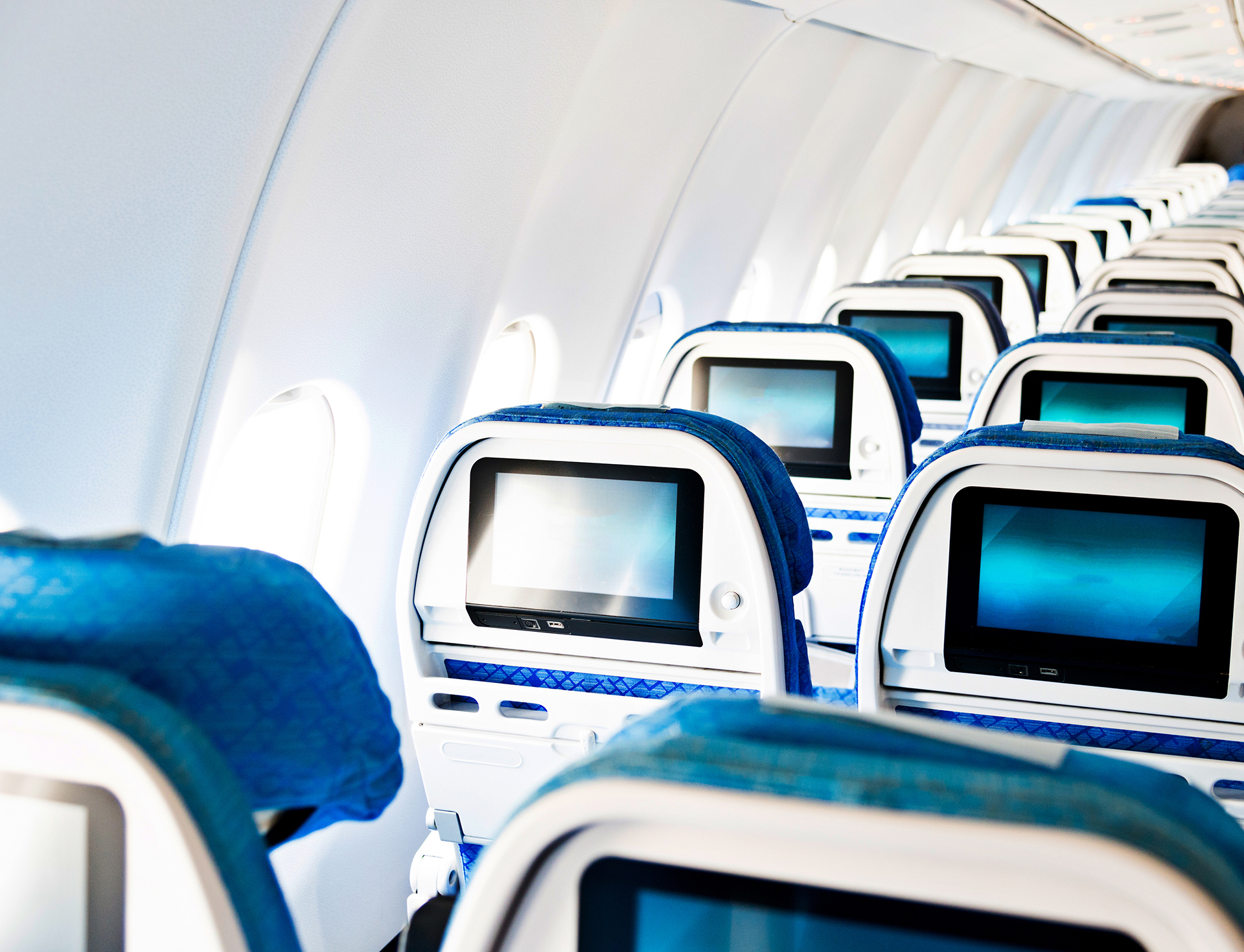Studies have shown that in-flight transmission of the coronavirus is negligible when wearing masks. One by the United States Transportation Command (US Transcom), for example, confirmed that “the overall exposure risk from aerosolized pathogens, like coronavirus, is very low.”
High Efficiency Particulate Air (HEPA) filters, the natural barrier of the seatback, the downward flow of air, and high rates of air exchange efficiently reduce the risk of transmission. Virus spread during flight was rare long before COVID-19.
The reason that we have seen quarantines and travel restrictions therefore boils down to importation—a passenger traveling while incubating the disease and developing it after arriving at the destination.
Part of the solution to importation needs a risk-based approach. A traveler from a country with low prevalence does not present an additional risk when visiting a country that already has high levels of community transmission.
For journeys in the opposite direction—say from France, where cases have been high, to Australia, where coronavirus has had a limited impact—there are now tools in place to mitigate any risk.
For example, a recent Oxera and Edge Health study found that an antigen test for travelers on arrival is as effective as a ten-day self-isolation period in reducing imported cases of COVID-19.
The game-changer, of course, is vaccination. “Vaccinations are a fantastic weapon in our armory against the virus, a huge step forward,” says Dr David Powell, IATA’s Medical Advisor. “We know that they are effective at preventing severe and fatal disease, but the concern worldwide has been whether they are also effective at reducing transmission. Early evidence from Israel, and recent evidence from a CDC study of mRNA vaccines in health workers, is very encouraging in this regard.”
It is also true that countries are at widely differing levels of vaccination rollout, with some having vaccinated the majority of their population and others not yet begun. The uptake of offered vaccinations also differs among populations for a variety of reasons.
But Dr Powell stresses that once a majority of people have been vaccinated, and especially all the vulnerable, then a proper risk assessment that includes testing should allow the freedom to travel.
“Zero COVID is probably an unrealistic aim,” Dr Powell notes. “The only disease we have ever eradicated is smallpox. Rather, it is likely that those governments considering zero COVID will eventually reach a point when they believe they—and the world—have vaccinated enough and they have confidence in the vaccines’ efficacy.”
Dr Powell accepts new variants could slow matters. Three in particular have hit the headlines recently, commonly known as the Brazil variant, the South African variant, and the UK variant. All viruses mutate to try to improve propagation. Almost by definition therefore new variants will be more readily transmissible.
There have been concerns that all currently available vaccines are less effective against the South African variant. That is not to say they are ineffective, however, and some vaccines can be updated relatively easily. The Pfizer jab, for example, is essentially a genetic code wrapped in a fatty coating. The good news is that the genetic code is essentially a piece of biological software that can be upgraded to deal with new variants…



